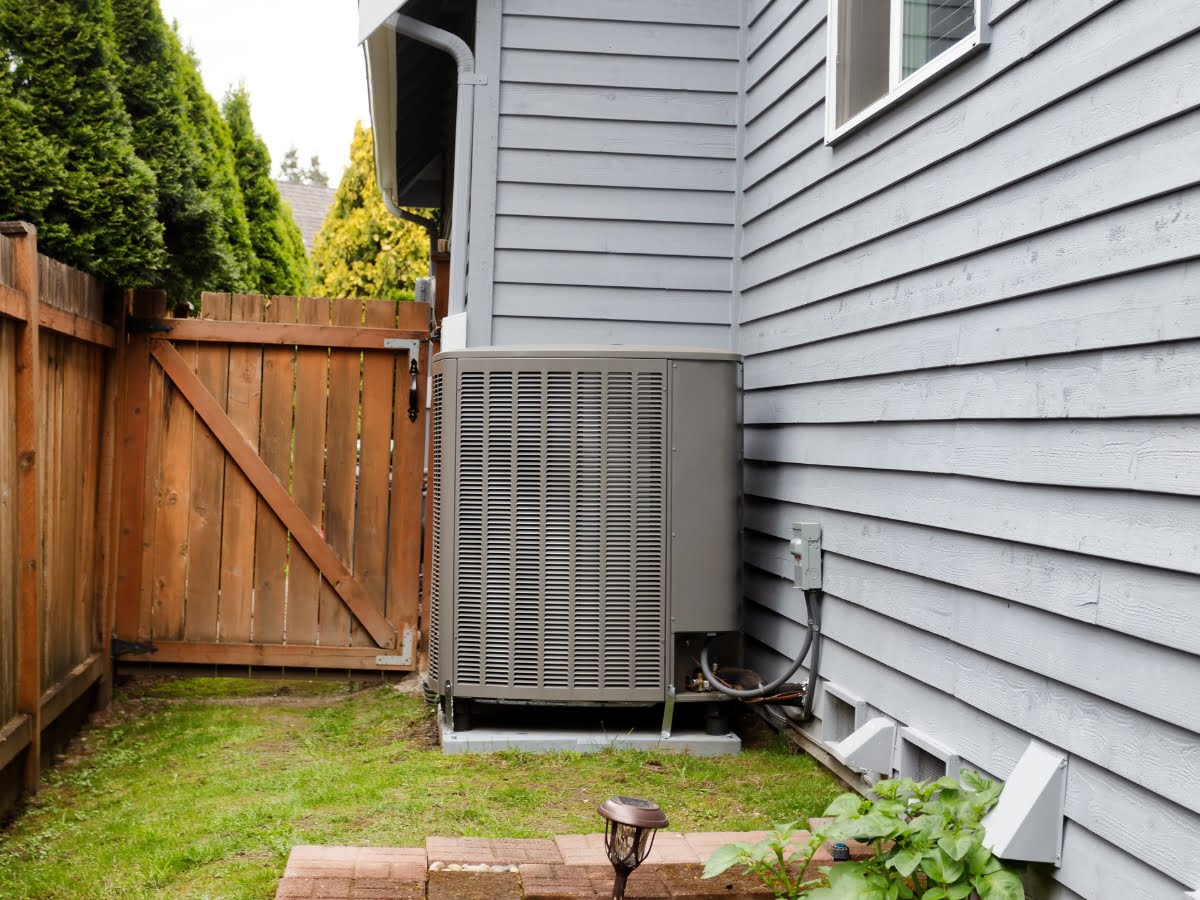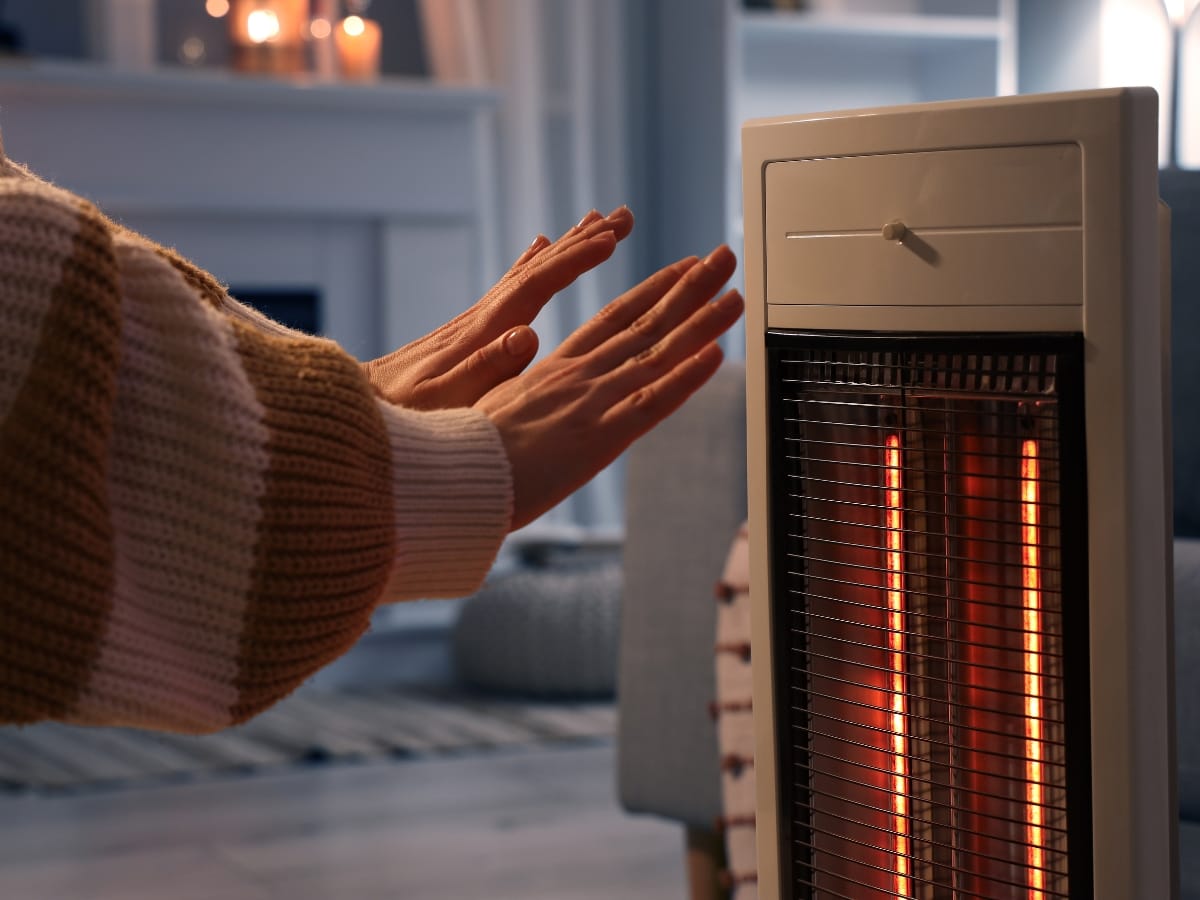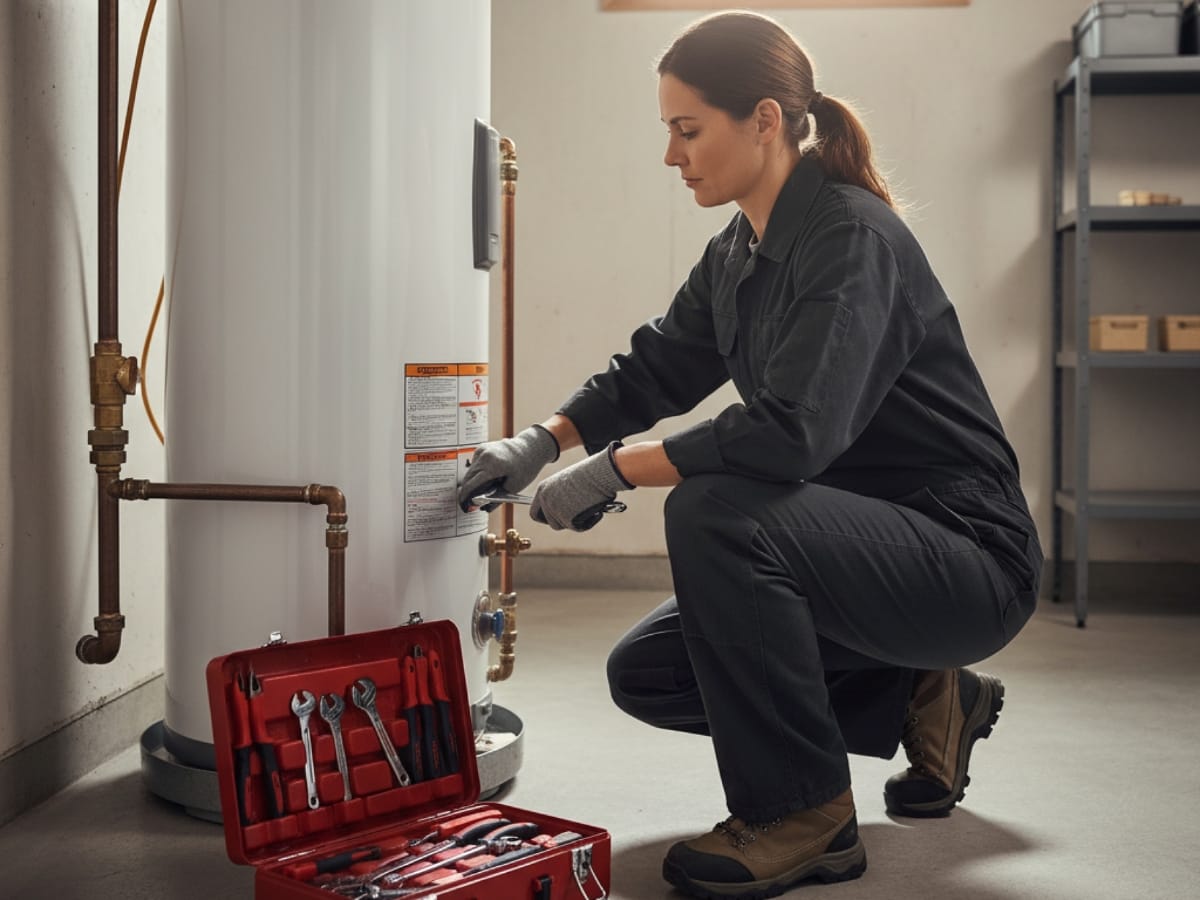Does your air conditioning unit seem to be working fine, but you’ve noticed that the condenser fan is not running? If so, don’t worry, you’re not alone. Many homeowners have come across this issue at some point, and it can be quite frustrating.
After all, the condenser fan plays a crucial role in the overall function of your AC system. In this comprehensive troubleshooting guide, we will delve into the reasons why your condenser fan is not running and provide you with practical solutions to get it up and running again.
So, if you’re ready to troubleshoot your AC unit and get that condenser fan spinning again, keep reading! We’ll guide you through the process step by step, ensuring your comfort is restored in no time.
Why is My Condenser Fan Not Running? Troubleshooting and Repairs
Understanding the Importance of the Condenser Fan
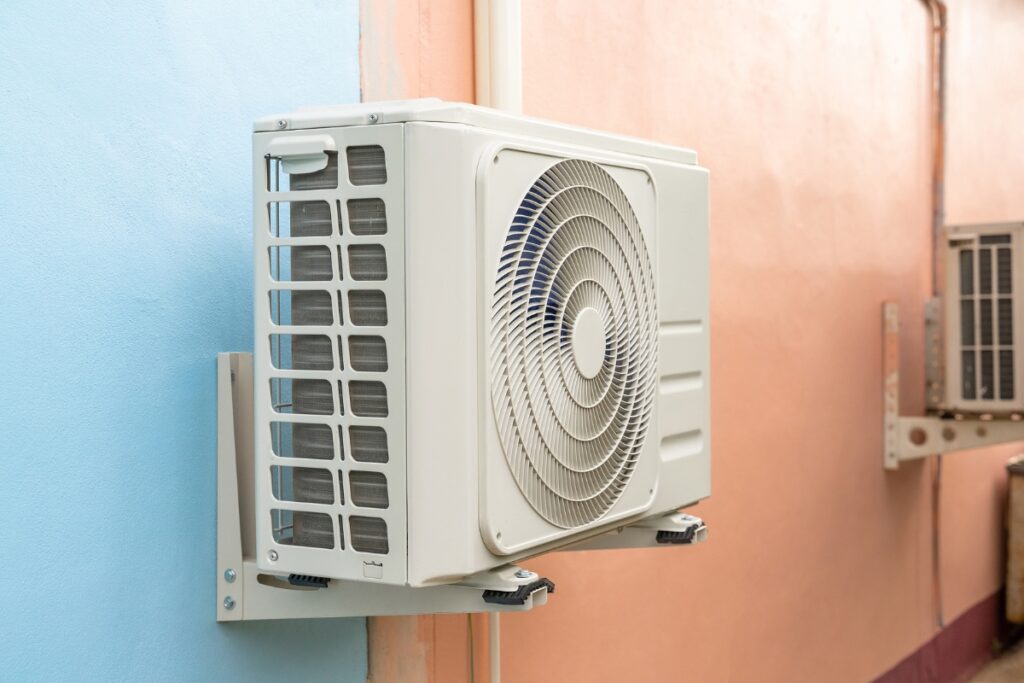
The condenser fan plays a crucial role in the cooling system of your HVAC unit. It helps to dissipate heat from the condenser coils, allowing for efficient refrigerant cooling and overall system performance. Understanding the importance of the condenser fan is essential for troubleshooting issues when it is not running.
When your condenser fan is not running, it can lead to a variety of issues. One common problem is reduced cooling capacity. Since the condenser fan is responsible for removing heat from the system, its failure can result in inadequate cooling and discomfort in your living space.
Additionally, a malfunctioning condenser fan can cause the compressor to work harder, leading to increased energy consumption and potential damage.
It is important to address a non-running condenser fan promptly to prevent further damage to your HVAC system. Continued operation without a functioning fan can lead to compressor overheating and potential compressor failure. Compressor replacement is a costly repair, making it crucial to address the issue early on.
Common Symptoms of a Malfunctioning Condenser Fan
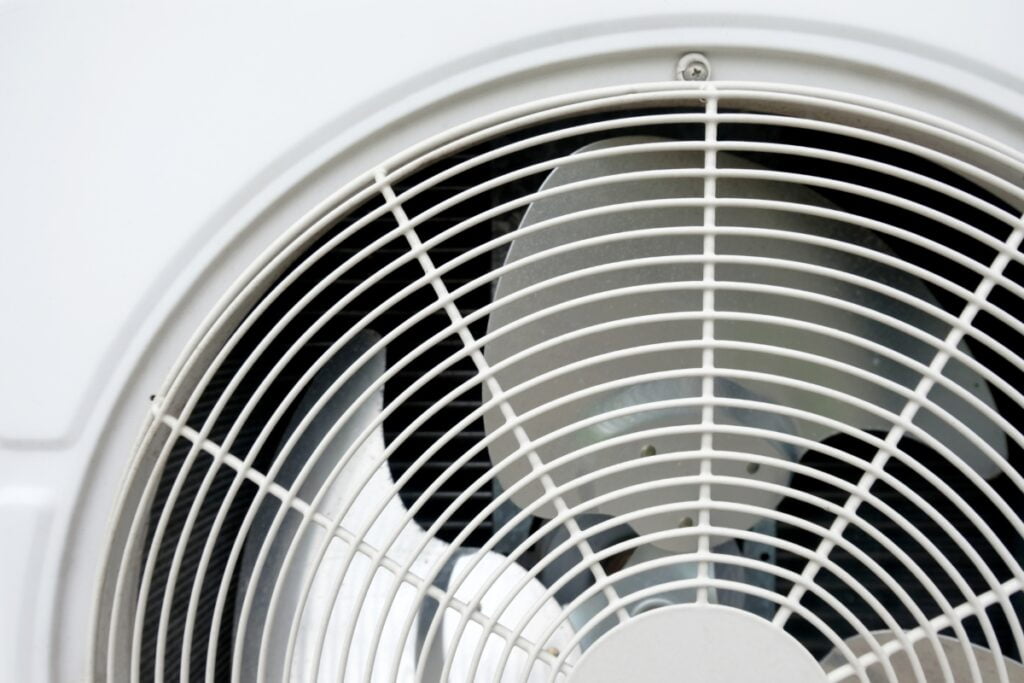
One common issue homeowners face with their HVAC systems is a malfunctioning condenser fan. This crucial component plays a vital role in the cooling process, and when it stops running, it can cause significant problems.
One sign that your condenser fan is not running properly is a lack of cool air coming from your vents. If the fan is not functioning, the condenser will not be able to remove heat from the refrigerant, resulting in warm air blowing into your home. This can be particularly noticeable on hot summer days when you rely on your air conditioning the most.
Another symptom of a malfunctioning condenser fan is an increase in energy consumption. When the fan is not running, the compressor has to work harder to cool your home, leading to higher energy bills. If you notice a sudden spike in your electricity costs, it may be a good idea to check your condenser fan.
Additionally, a malfunctioning condenser fan can cause your HVAC system to cycle on and off frequently. As the fan fails to cool the refrigerant, the system may overheat and trigger the safety mechanism that shuts it down temporarily. This constant cycling can put unnecessary stress on the compressor and other components, potentially leading to further damage.
Possible Causes of a Non-Functioning Condenser Fan
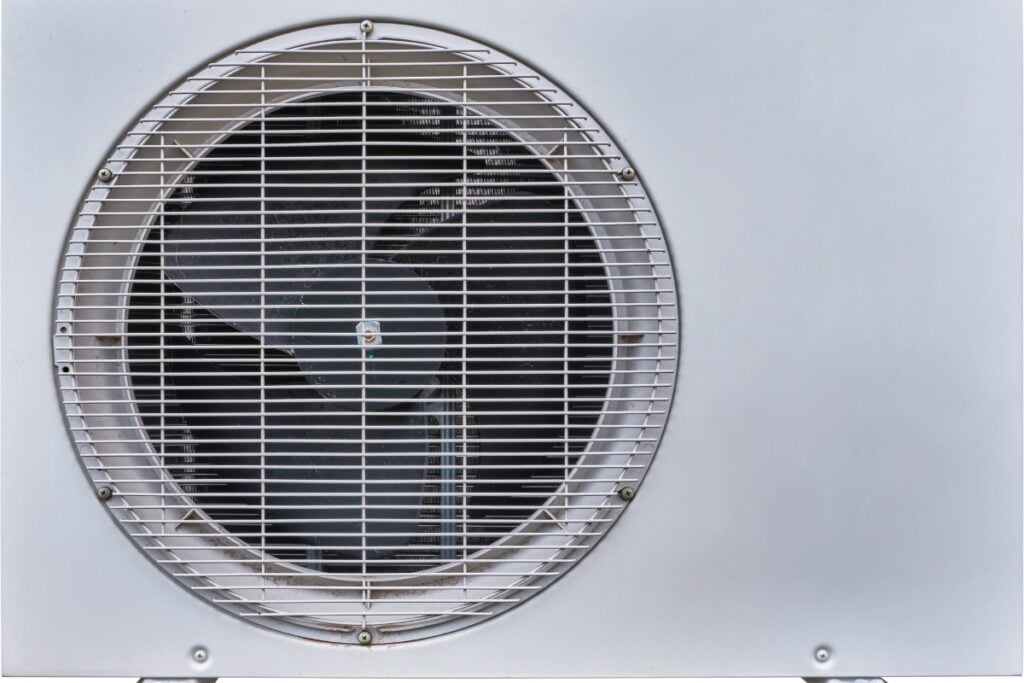
When your condenser fan refuses to run, it can be quite frustrating. However, understanding the possible causes can help you troubleshoot the issue more effectively. Here are some common reasons why your condenser fan may not be running:
- Electrical Issues: One primary cause of a non-functioning condenser fan is an electrical problem. This could include a blown fuse, a tripped breaker, or a faulty motor. Check the fuse box and circuit breaker to ensure they are intact. If they appear fine, the fan motor might need to be replaced.
- Faulty Capacitor: The fan’s motor relies on a capacitor to start and run smoothly. If the capacitor is faulty or shows signs of damage, it can prevent the fan from functioning properly. You can check the capacitor with a multimeter to see if it is within the acceptable range. If not, replacing it should solve the issue.
- Defective Fan Relay: The fan relay is responsible for sending the electrical signal to the fan motor. If the relay is defective, it may fail to activate the fan. Inspect the relay for any signs of damage or corrosion. If necessary, replace it with a new one.
- Overheating: Overheating can cause the condenser fan to stop running. When the temperature inside the unit becomes too high, a safety feature may shut off the fan to prevent further damage. Clean the condenser coils and ensure proper airflow to prevent overheating.
- Thermostat Problems: A malfunctioning thermostat can also lead to a non-functioning condenser fan. If the thermostat is not sending the correct signals to the fan, it may not turn on. Check the thermostat settings and replace it if necessary.
- Motor Issues: The motor itself may be faulty or worn out. Over time, motors can become less efficient or completely fail. If you hear unusual noises or notice reduced airflow, it might be time to replace the motor.
- Wiring Troubles: Faulty or loose wiring connections can disrupt the power supply to the condenser fan. Inspect the wiring for any signs of damage, corrosion, or loose connections. Ensure all wires are properly connected and secure.
Troubleshooting Steps for Simple DIY Fixes
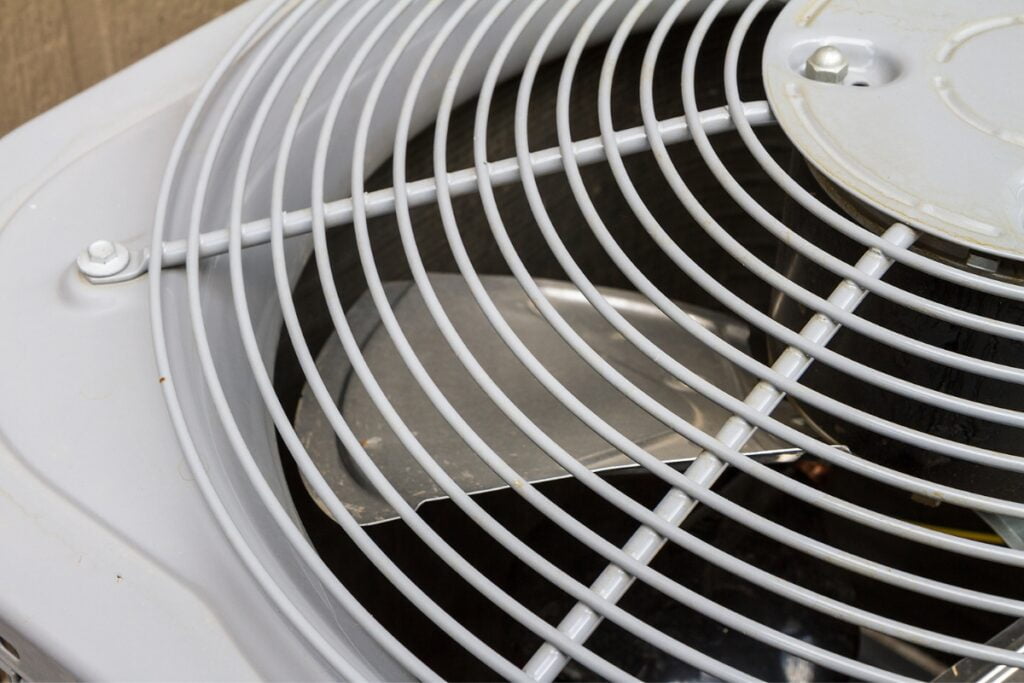
If you’re experiencing an issue with your condenser fan not running, there are a few troubleshooting steps you can take to try and fix the problem yourself. These simple DIY fixes can potentially save you time and money by avoiding a service call.
First, check the power supply to the condenser fan. Ensure that it is receiving power by checking the circuit breaker or fuse box. If the breaker is tripped or the fuse is blown, reset or replace them accordingly.
Next, inspect the wiring connections for any loose or damaged wires. Tighten any loose connections and repair or replace any damaged wires. It’s important to turn off the power supply before attempting any repairs.
If the power supply and wiring connections are in good condition, it’s time to check the capacitor. The capacitor is responsible for starting the condenser fan motor. A faulty or weak capacitor can prevent the fan from running. Using a multimeter, test the capacitor for proper voltage and capacitance. If it’s not within the recommended range, replace the capacitor.
Another possible cause for a non-functioning condenser fan is a faulty motor. Check the motor for any signs of damage or overheating. If the motor is visibly damaged or making unusual noises, it may need to be replaced.
Additionally, dirty or obstructed condenser coils can hinder the fan’s performance. Inspect the coils for any debris, dirt, or vegetation that may be blocking airflow. Use a soft brush or vacuum cleaner to remove any buildup. Make sure not to bend or damage the fins while cleaning.
Finally, make sure the fan blade is securely attached to the motor shaft and rotates freely. If the blade is loose or damaged, tighten or replace it accordingly.
Testing and Inspecting the Motor and Capacitor
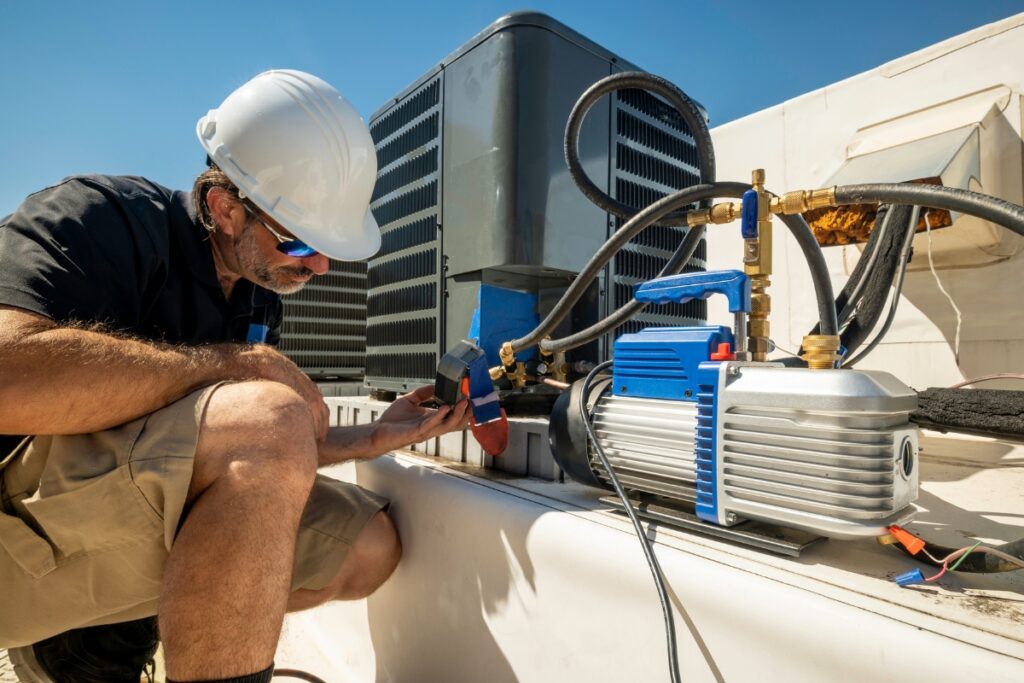
If your condenser fan is not running, it could be due to various reasons. One key component to check is the motor and capacitor. Testing and inspecting these parts is crucial in troubleshooting the issue. In this section, we will discuss the steps you can take to diagnose and rectify the problem.
To begin, turn off the power to your HVAC system. Safety should always be a priority when working with electrical components. Locate the motor and capacitor, which are usually housed in the outdoor condenser unit.
Start by visually inspecting the motor for any signs of damage or wear. Look for loose or frayed wires, burnt marks, or excessive dirt. These can indicate a problem with the motor. If everything appears to be in good condition, proceed with testing the motor.
Using a multimeter, set it to the resistance or continuity setting. Check the motor windings by placing the multimeter probes on the corresponding terminals. A reading of infinite resistance or no continuity indicates a faulty motor and it may need to be replaced.
Next, move on to the capacitor. The capacitor stores electrical energy to provide an extra boost to start the motor. Start by checking the physical condition of the capacitor. Look for bulges, leaks, or signs of damage. These can be an indication that the capacitor needs to be replaced.
Testing the capacitor requires a capacitance tester or a multimeter with a capacitance setting. Discharge the capacitor by shorting the terminals with an insulated screwdriver. Then, set your meter to the appropriate range and connect the probes to the corresponding terminals. The reading should be within the manufacturer’s specified range. If the reading is significantly lower or higher, the capacitor is likely faulty and needs to be replaced.
If both the motor and capacitor pass the tests, the issue may lie elsewhere, such as a faulty thermostat or a problem with the wiring. It is recommended to seek professional assistance in such cases.
When to Seek Professional Help
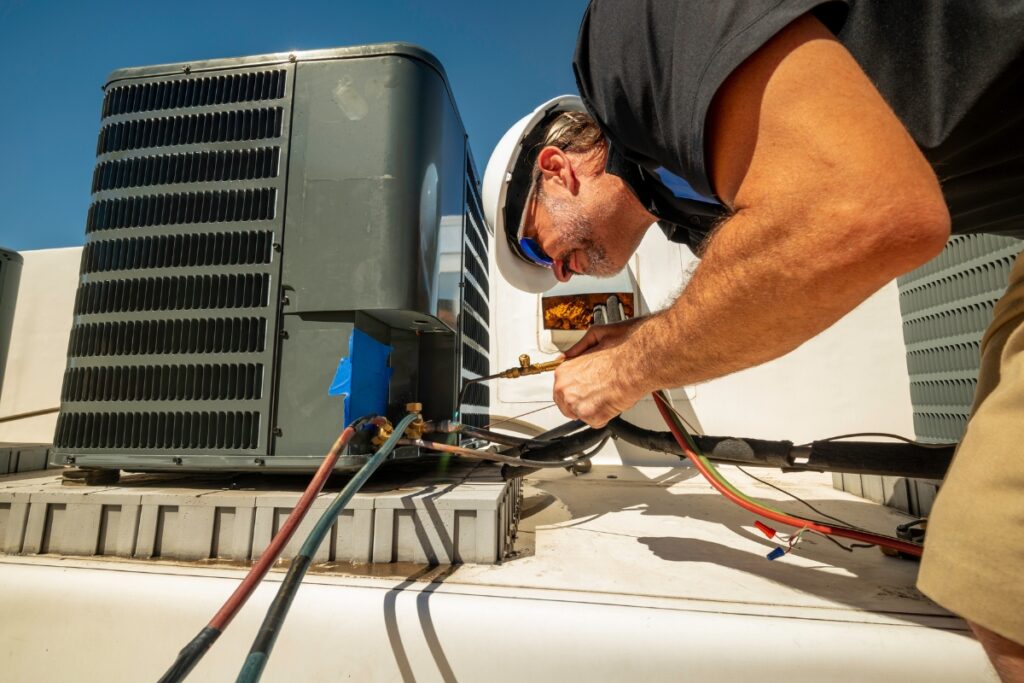
If you find yourself in a situation where your condenser fan is not running, it can be a cause for concern. This essential component of your HVAC system plays a crucial role in maintaining proper airflow and temperature regulation. Ignoring this issue can lead to further damage and potentially costly repairs down the line. In some cases, seeking professional help may be necessary to address the problem effectively.
One clear sign that your condenser fan is not running is a lack of cool air coming from your vents. This can be particularly frustrating on hot summer days when you rely on your air conditioning the most. Additionally, you may notice an increase in your energy bills as your system works harder to compensate for the malfunctioning fan.
Troubleshooting the issue yourself can be a good first step. Start by checking the power supply to ensure that the fan is receiving electricity. Make sure the circuit breaker is not tripped and that the fan switch is turned on. Inspect the wiring for any loose connections or damage. However, if you are not familiar with electrical work, it is best to leave this task to a professional.
Sometimes, a faulty motor or capacitor could be the culprit behind your condenser fan not running. These components are more complex to diagnose and replace, requiring professional expertise. A trained technician will have the knowledge and tools necessary to identify and address these specific issues.
Another reason to seek professional help is to avoid voiding any warranties. Many HVAC systems come with warranties that require professional maintenance and repair. Attempting to fix the condenser fan yourself could potentially void these warranties, leaving you responsible for the full cost of repairs.
Additionally, professional HVAC technicians have the experience and training to handle complex issues safely. They can assess the overall health of your system and recommend the best course of action. By seeking professional help, you can have peace of mind knowing that your condenser fan issue is being properly addressed.
Preventive Measures to Avoid Future Condenser Fan Issues
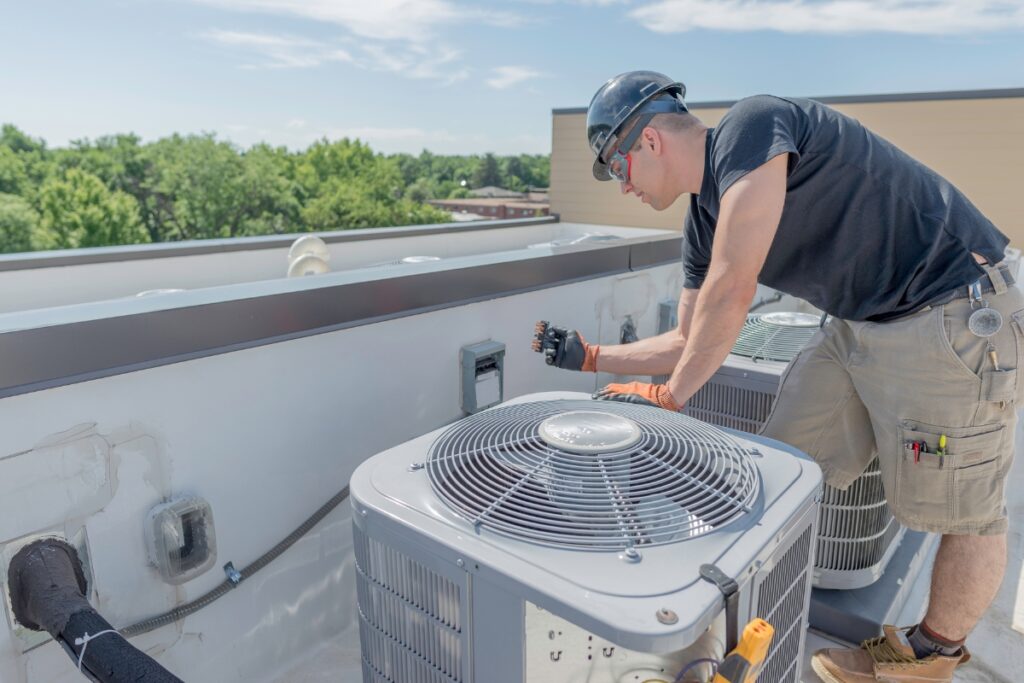
To ensure that you don’t encounter any future condenser fan issues, it’s important to take some preventive measures. By implementing these measures, you can maintain the efficiency and functionality of your condenser fan, saving you from costly repairs or replacements down the line.
- Regular Maintenance: One crucial preventive measure is to schedule regular maintenance for your condenser fan. This should include cleaning the fan blades, lubricating moving parts, and checking for any signs of wear or damage. By keeping your condenser fan well-maintained, you can catch any potential issues before they escalate into major problems.
- Keep the Surrounding Area Clear: Another important preventive measure is to ensure that the area around your condenser fan remains clear of any debris, leaves, or other obstructions. These can restrict the airflow and put excessive strain on the fan motor, leading to potential issues. Regularly inspect the area and remove any debris to maintain proper airflow.
- Protect from Extreme Weather Conditions: Your condenser fan is exposed to various weather conditions throughout the year. Extreme temperatures, heavy rain, or hail can all affect its performance. To prevent future issues, consider installing a protective cover or shelter for your condenser fan. This will shield it from direct exposure and minimize the risk of damage.
- Check Electrical Connections: Faulty electrical connections can lead to the condenser fan not running properly. As a preventive measure, inspect the electrical connections regularly to ensure they are secure and free from corrosion. Loose or damaged connections can cause the fan to malfunction or not run at all.
- Monitor Refrigerant Levels: Low refrigerant levels can cause the condenser fan to struggle or stop working altogether. Regularly check and monitor the refrigerant levels in your cooling system. If you notice a significant drop, it could indicate a leak. Addressing refrigerant leaks promptly can prevent potential condenser fan issues in the future.
- Professional Inspection: While regular maintenance is important, it’s also advisable to have your condenser fan professionally inspected at least once a year. A trained technician can identify any underlying issues and perform necessary repairs or adjustments before they lead to fan failure.
By implementing these preventive measures, you can ensure that your condenser fan operates smoothly and efficiently, avoiding future issues. Keep in mind that proper maintenance and care are key to extending the lifespan of your condenser fan and maximizing its performance.
Final Tips to Troubleshoot and Restore Your Condenser Fan
If your condenser fan is not running, it can be a frustrating issue to deal with. The condenser fan plays a crucial role in cooling down the condenser coils and ensuring efficient heat dissipation. Without the fan working properly, your cooling system may not function effectively, leading to discomfort and potentially costly repairs.
A condenser fan not running can be caused by various factors, including power supply issues, faulty capacitors, motor problems, defective fan relays, and overheating. By troubleshooting these potential issues and seeking professional help when needed, you can restore the functionality of your condenser fan and ensure optimal cooling performance for your HVAC system.
Remember, it’s always best to consult an experienced technician for complex repairs to avoid further damage or safety hazards.
To keep your HVAC fan in top form, CoolPro Heating and Cooling is the professional for the job! We offer a comprehensive list of HVAC installation and maintenance services to keep your home at the best temperature for your comfort. Request a free quote on our website, or give us a call at 770-694-6232 so we can get started on getting your HVAC system back in top condition today!

